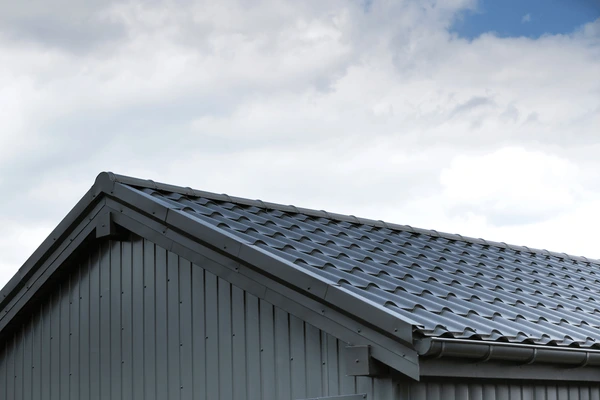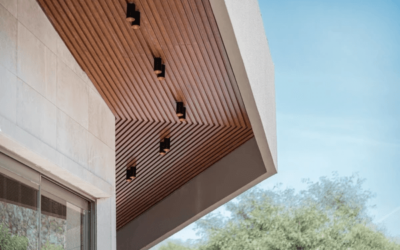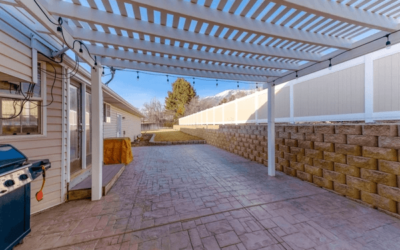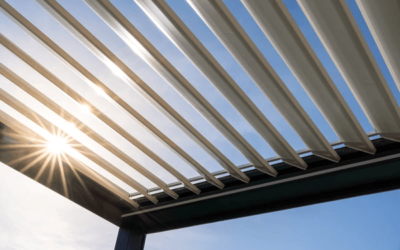Exploring Eco-Friendly Alternatives for Your Next Remodeling Project
As homeowners increasingly embrace sustainability, the demand for eco-friendly building materials has surged. If you’re planning a remodeling project, considering wood alternatives and sustainable building options not only benefits the environment but also enhances your home’s appeal. Here are some innovative options that provide durability, aesthetics, and practicality—all while supporting a greener future.
Why Choose Wood Alternatives?
Wood has long been a favorite choice for various remodeling projects, but traditional timber can have significant environmental impacts. Deforestation, habitat loss, and carbon emissions are just a few concerns linked to conventional wood sourcing. Fortunately, there are several eco-friendly alternatives that mimic wood while offering their own unique advantages.
One popular choice is bamboo. This grass grows rapidly, making it one of the most renewable resources available. Bamboo’s natural hardness makes it an excellent candidate for flooring, cabinetry, and even furniture, delivering both style and strength without sacrificing environmental integrity.
Another contender is reclaimed wood, sourced from old buildings, barns, or furniture. Not only does this approach reduce waste, but it also brings character and history into your home. Each piece of reclaimed wood carries its own story, transforming your space with a rustic charm that new wood simply cannot replicate.
Sustainable Building Materials for Every Purpose
When it comes to remodeling, you don’t have to compromise on quality to use sustainable materials. Here are some top choices that deliver outstanding performance:
– Composite Decking: Made from recycled wood fibers and plastics, composite decking offers the beauty of natural wood without the maintenance headaches. It resists fading, warping, and pests, making it a long-lasting option for outdoor spaces.
– Cork: Perfect for flooring, cork is harvested from the bark of cork oak trees. The process doesn’t harm the tree, allowing it to regenerate for future harvests. Cork is naturally resistant to mold and mildew and provides excellent insulation, making it a great choice for comfort and sustainability.
– Recycled Steel: For roofing and structural components, recycled steel is an incredibly durable option. It requires less energy to produce compared to virgin steel and is fully recyclable at the end of its life. A steel roof can last for decades, providing exceptional protection against the elements.
Benefits Beyond Aesthetics
Choosing sustainable materials extends beyond aesthetics; it’s about creating a healthier home environment. Many eco-friendly alternatives have low or no VOC (volatile organic compounds) emissions, contributing to better indoor air quality—a crucial consideration for families. Additionally, by investing in resilient materials, you save money over time with reduced maintenance and replacement costs.
Moreover, integrating sustainable options can enhance your home’s marketability. As environmental awareness rises, prospective buyers are increasingly looking for homes that reflect their values. By opting for wood alternatives and other eco-conscious materials, you position your home favorably in a competitive market.
Making the Green Choice for Your Remodel
As you embark on your remodeling journey, consider how your choices impact not just your home, but the world around you. Embrace the diverse range of sustainable building materials available today and make informed decisions that align with your lifestyle and values.
By choosing innovative wood alternatives and eco-friendly remodeling options, you’ll create a beautiful, functional space while contributing to a more sustainable future. So go ahead—make your next home improvement project a statement of style and responsibility. Your home deserves it, and so does the planet!



